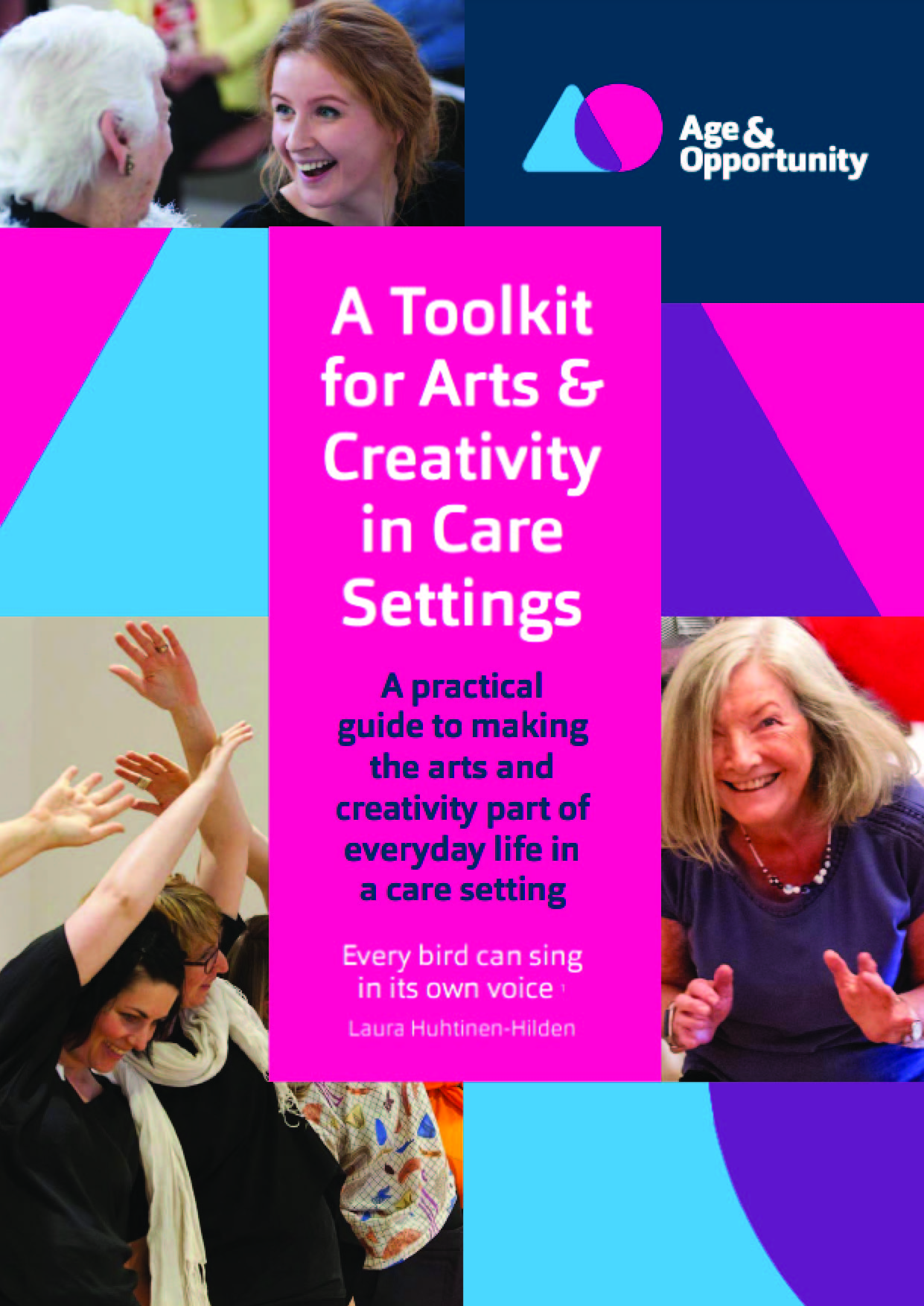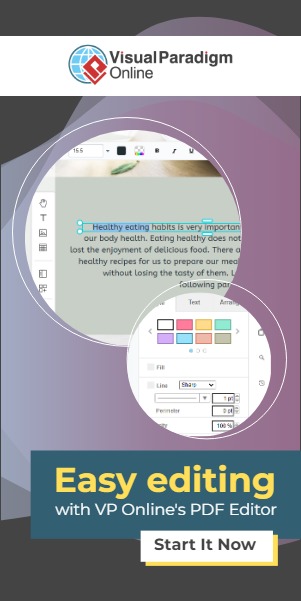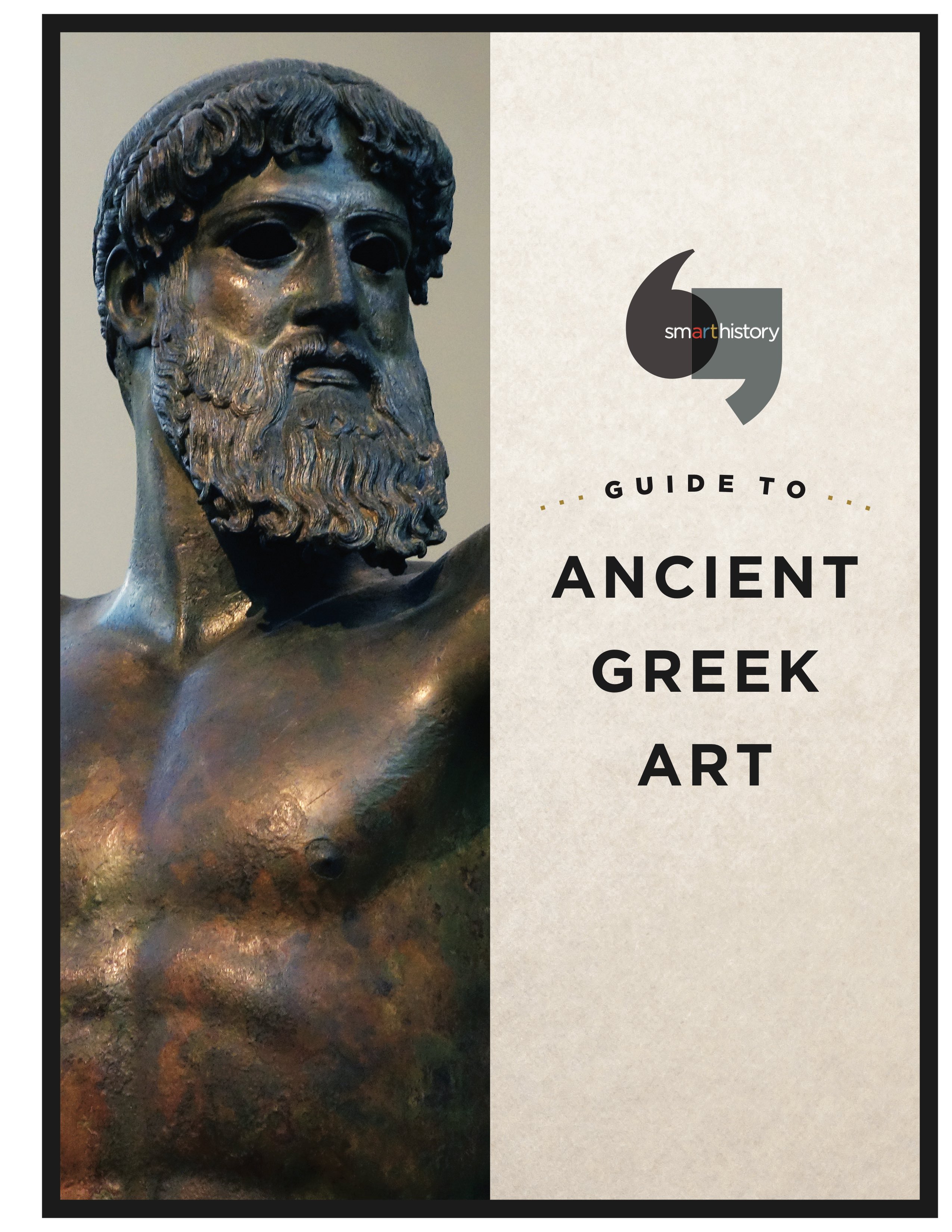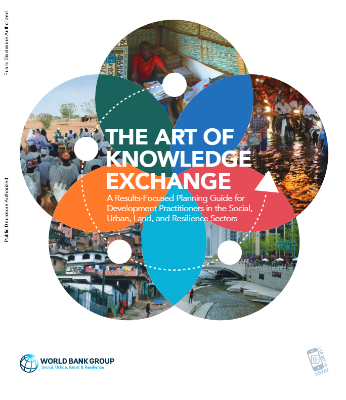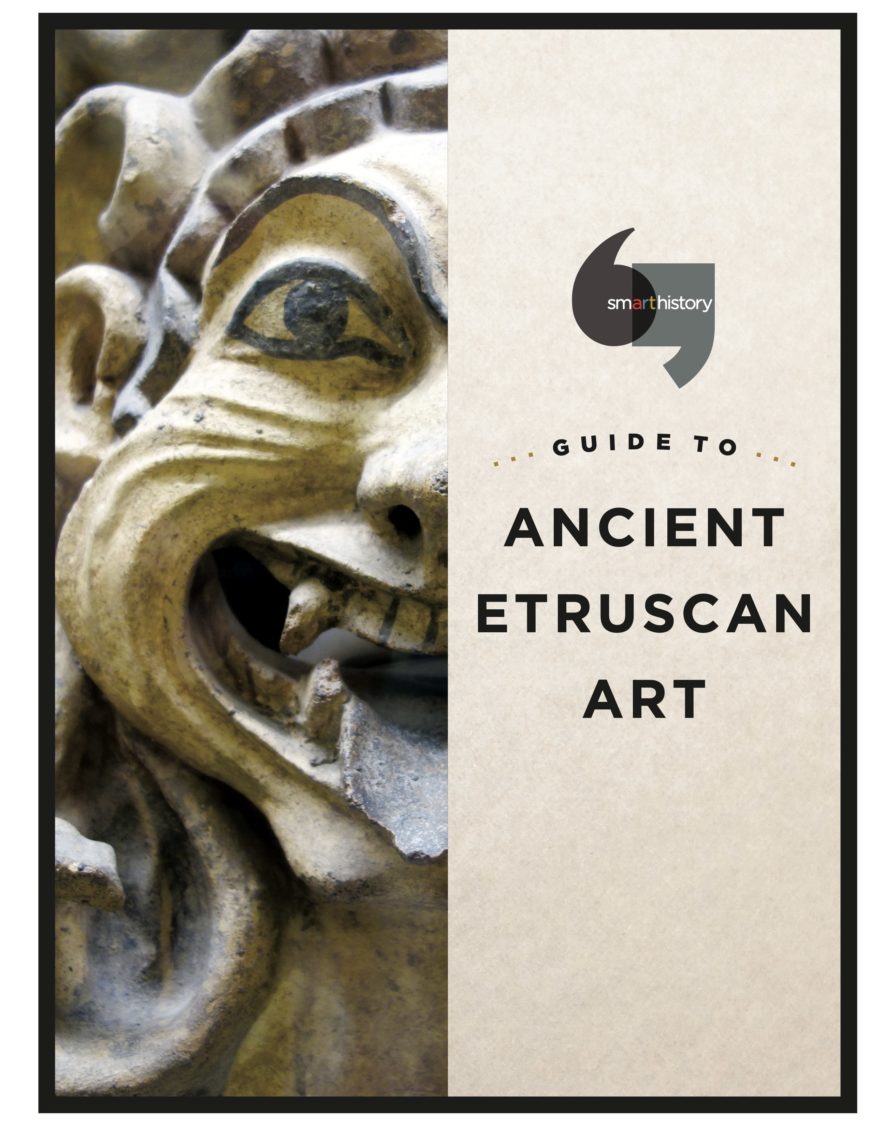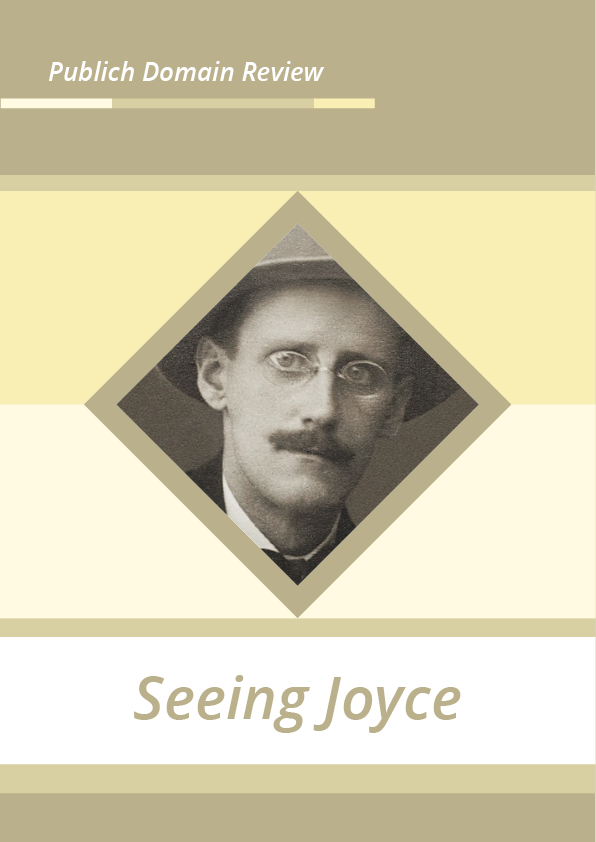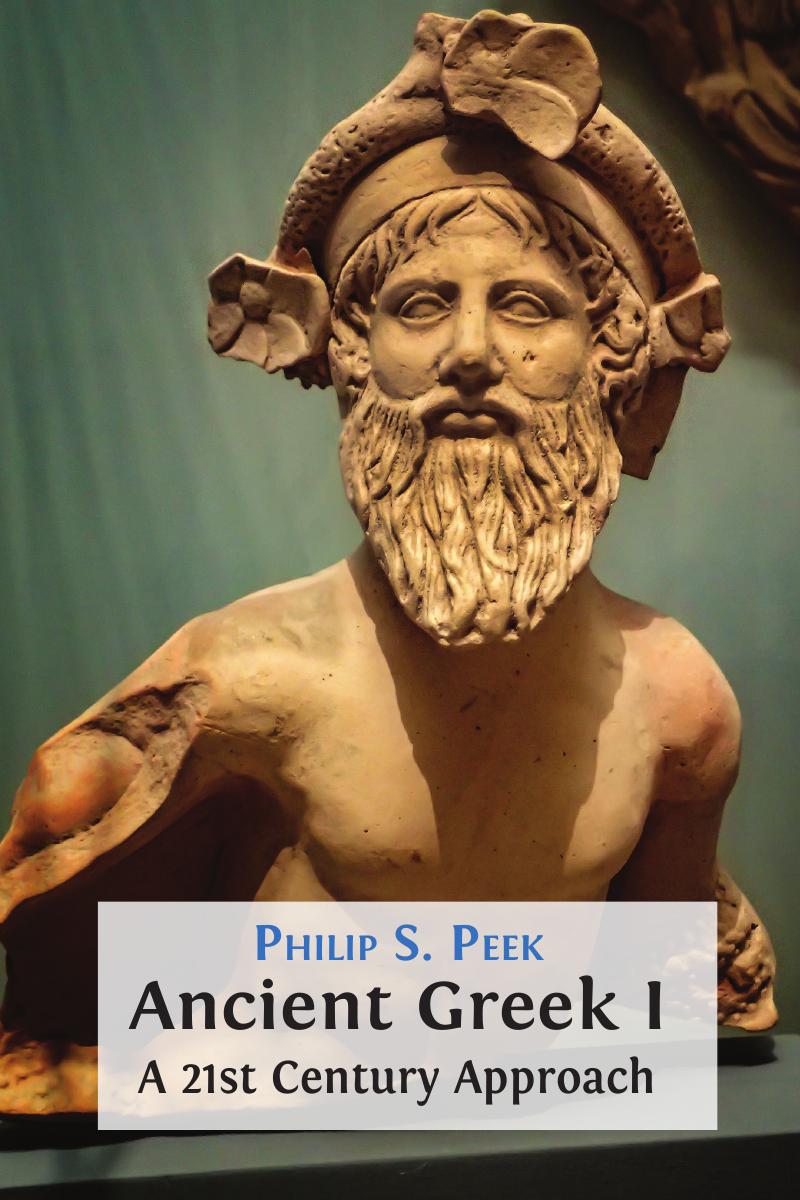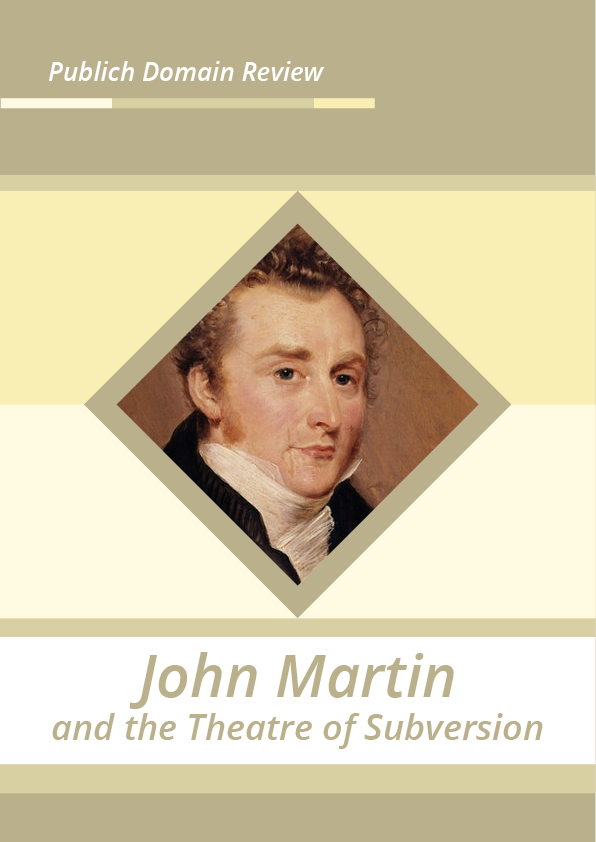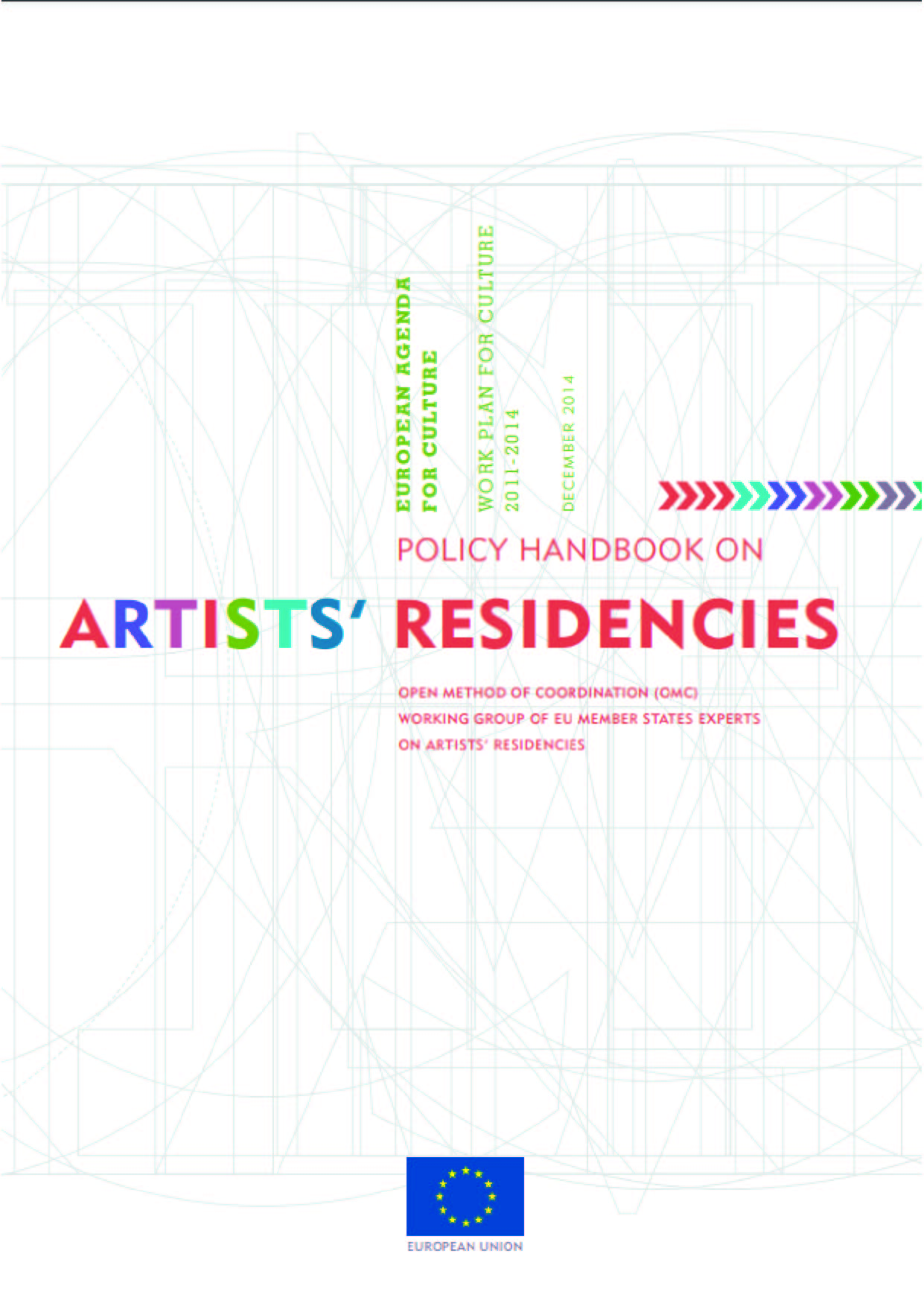We are Age & Opportunity, the national organisation that provides a range of opportunities for older people who want to get more involved in arts and culture, sport and physical activity, civic engagement and personal development.
Our aim is to inspire people aged 50+ to live a dynamic life in which they are more active, more visible, more creative and more connected. One of our key priorities is to truly understand what ageing in Ireland means for people today by increasing the dialogue we have with them – conducting regular research through focus groups and workshops and by generating more opportunities for their feedback across all of our programmes. We work with local communities and organisations across the country to run a range of programmes and activities in three key areas: Age & Opportunity Arts provides opportunities for us to engage more in arts and cultural events and initiatives. Age & Opportunity Active is designed to get us more active and participate in recreational sport and physical activity. Age & Opportunity Engage offers a range of workshops and learning initiatives for our own personal development as well as opportunities for us to play an active role in our community.
Age & Opportunity has a long track record of arts programmes and training in relation to care settings.
In 2012, we were one of the founder organisations, with the Irish Museum of Modern Art (IMMA), the Alzheimer Society of Ireland and the Butler Gallery in establishing Azure; a network of arts institutions with the aim of providing dementia-inclusive art-viewing events for persons living with dementia and their carers’.
The following year (2013), with funding from the Community Foundation for Ireland, we developed Creative Exchanges our QQI accredited level 6 minor award. This initiative delivers high quality training to facilitate learners currently working with older people in residential and day care settings and people from arts backgrounds, in the planning and facilitation of arts activities with older persons to enhance quality of life.
In 2017, our first Artist in Residence in a Care Setting initiative was launched at the Orchard Day Care Centre in Blackrock, County Dublin. Since then, we have been working across Ireland to nurture diverse arts engagements and experiences in various care settings environments. The aim of the initiative is to create an opportunity for the staff and residents of a care setting to engage creatively with an artist over time, supporting the resident, the artist and the care setting in a nurturing and inclusive environment.
Arising out of this work, this practical Toolkit is intended to provide straightforward advice, knowhow and useful videos for people who want to bring more creative activities into care settings and get the most out of working with artists. If we succeed in our endeavours, we will profoundly enhance the lives of the residents and attendees of care settings around Ireland and beyond.
It will, therefore, help care settings staff (as above) to:
- Understand the value and benefit of arts activity in the care setting;
- Think about different ways of working;
- Learn about funding opportunities and how to access them;
- Design and implement simple arts activities;
- Learn from artists working in this area;
- Be inspired by previous work in this area; Find out about training opportunities.
Background policies and research
This section refers to public policies that inform the work this Toolkit encourages and to research that evidences some of the benefits. Residents of care settings and people attending day centres have a right to engage in and shape the country’s arts and cultural life. Age & Opportunity advocates for the arts to become embedded in the culture of care settings for that reason and also because this can foster person-centred care and selfexpression.
Ireland has entered into commitments on access to arts and culture at an international level. These include arts, health and social policies. Among national arts policies, the framework Culture 20252 recognises the right to access, participate in and shape our culture at all life’s stages (p.10). The Arts Council strategy, Making Great Art Work3 aims to ensure that ‘more people will enjoy high-quality arts experiences’ and it also recognises that more people engaging in the arts (and the greater their social diversity) creates greater benefits to society (p.24).
In terms of health policies, national standards for care settings from the Health Information and Quality Authority (HIQA), require a person-centred approach4. Personcentred care involves tailoring care to respond to people’s interests, abilities, history and personality. The standards require that residential settings provide everyday activities that vary according to residents’ interests. Standards require choice of activities, maintenance of links to communities and fostering psychological wellbeing. Embedding arts participation in care centres can help meet each of these objectives.
You can freely read through the book from to above to explore more about this topic.
